Insight
Introversion, shyness, social anxiety disorder—what are the differences?
“Everything okay with you? You’re so quiet!” “Why didn’t you go to the party?” “Why don’t you come out of your shell?”
Do these phrases sound familiar to you? If so, you may be an introverted person or shy—or both. But what is the difference between introversion and shyness? And is there a connection between one or both and social anxiety disorder? We’ll find out in this article.
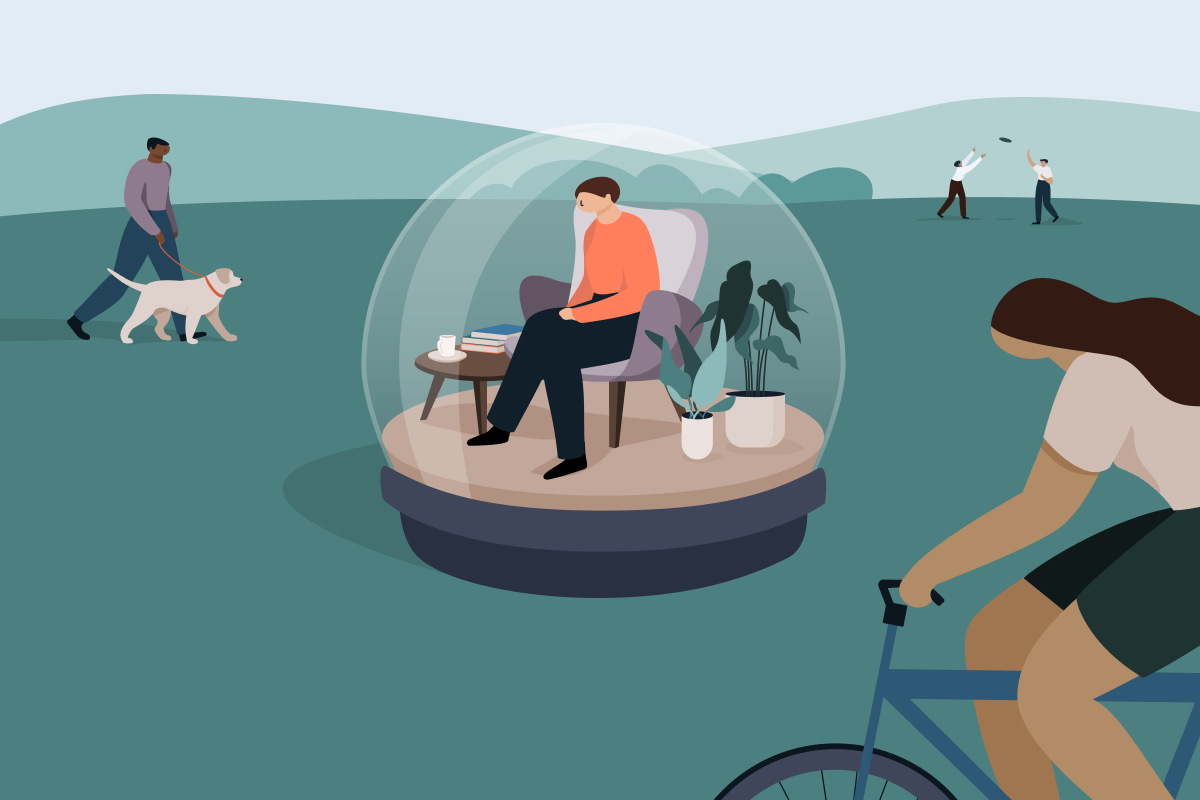
The Party Dilemma
Imagine you’re invited to a party. It’s going to be a big event with dancing and lots of people you don’t know. What feelings and thoughts does this bring up for you?
While some eagerly look forward to a party like this, a good number also have mixed or even queasy feelings at such a prospect. And for different reasons.
“It’ll be exhausting to have to be around so many people—the loud music, the small talk. I’ll go, but won’t stay long and I’ll just take it easy the day after and not do anything at all.”
These are common types of thoughts for an introverted person.
Someone who’s shy, on the other hand, is likely to feel anxious and have thoughts before the party like, “I wonder who’ll be there? I hope I don’t end up standing around alone. So embarrassing!”
For the person dealing with social anxiety disorder, thoughts around the party also trigger fear in a more intense way than for the shy person. Something like, “I’m sure I’m going to make a total fool of myself and everyone will stare. Ugh, unbearable, I’d better cancel.”
Of course, these are generalizations that may or may not apply to any one person or the reality of any one situation. It’s entirely possible, for example, for an introvert to be the one to cancel on the party plans, while the person with a social anxiety disorder to go despite their fears (and any other number of combinations). But this gives a general idea of the feelings and thoughts that are central to the introvert, the shy person, and the one with social anxiety disorder.
Introversion: When Strength Is Found in Calmness
Introversion and extraversion were introduced into psychology as personality traits around a hundred years ago by Carl Jung, the founder of analytical psychology. The terms “introvert” and “extravert” come from the Latin with “intro” meaning inside, “extra” meaning outside, and “vertere” meaning to turn. Each represents the two ends of a scale, though, rather than distinct traits. So, in reality, only a very few are either extremely introverted or extremely extraverted with most falling somewhere between. Additionally, there are ambiverts or those who exhibit traits of both introversion and extraversion.
Introverts focus their attention and energy more on their inner rather than outer life. They recharge their batteries when alone and can quickly feel drained amid the hubbub of larger groups. Though extraverts may find this confusing, introverts often do still want social contact, but they just prefer quiet gatherings in small groups or pairs. To the outside world, introverts often appear calm, thoughtful, reserved, though sometimes cold.
Extraverted people, on the other hand, generally have an outward-facing attitude. They find interaction with others stimulating and energizing and actively seek out others’ company. To the outside world, extraverts often come across as warm, cheerful, adventurous, confident, though sometimes dominant.
It’s neither inherently “good” nor “bad” to be an introvert or an extravert—rather, each type has both strengths and challenges. And wouldn’t it be less than ideal to have a world filled only with introverts or a world filled only with extraverts? The world, in fact, needs both. As the saying goes, “It takes all types.” Nevertheless, far more struggle with their introverted personality and wish they were more extraverted than the other way around. This is largely because extraverted behavior tends to be rewarded and held up in Western societies. Can you imagine hearing, “Is everything okay? You’re so loud and full of energy?” Hardly ever happens, right?
People cannot choose whether they’re introverted or extraverted. This personality trait is largely determined from a person’s biological makeup and early childhood experiences. By the time someone reaches adulthood, such personality traits are relatively stable─if they change, they tend to do so slightly and slowly. So, when it comes to your personality, it’s all about being aware of yours, finding out what makes you feel good, and appreciating yourself for who you are. Sharpening your focus on your own strengths can help with this. Many introverts, for example, are keen observers and attentive listeners and can deeply immerse themselves in their tasks.
Shyness: When New People and Situations Trigger Reservations
Shyness describes the tendency to initially react with anxiety and reticence in unfamiliar social situations. It can take those who are shy longer to warm up to others. They typically hang back a bit in new situations and might not engage much with others at first, usually because they have a fear of being judged negatively or rejected. And this is the crux of the difference between introversion and shyness. While introverts recharge their batteries by being alone and often prefer it, many who are shy wish they could talk to others more easily but don’t dare. In other words, the cause of the social reticence in shy people is fear, whereas the cause of the reticence in introverts is a desire for alone time.
Shyness, an innate temperamental trait, usually crops up at an early age—when young children hide behind their parents’ backs when meeting strangers. The system in the brain that reacts with inhibitions to new situations is particularly pronounced in many shy people from birth. Shameful experiences and social rejection can increase shyness later in life, while positive experiences and feelings of social acceptance can weaken it.
Like introversion, shyness is therefore a personality trait that is partly innate and partly learned. It is not a disease. Though many who’re shy wish they weren’t, to be shy is usually not an insurmountable obstacle and tends to cause only minor suffering. This is because once shy people have built up confidence in new situations or with new people, their reticence and nervousness usually diminish.
Social Anxiety Disorder: When the Fear of Being Judged Dominates Life
For those affected by social anxiety disorder, the fear of embarrassment or humiliation tends to be constant. Unlike for those who are shy and eventually warm up after some time when in a new situation or with new people, those dealing with social anxiety disorder tend to remain tense throughout an entire social situation. They may experience physical reactions of anxiety or embarrassment by blushing, trembling, or sweating. For some, these reactions can be quite prominent, which then increases the fear of being judged by others. Being around others, in fact, can be so uncomfortable that the sufferer often opts for avoidance rather than enduring the discomfort.
Though shyness is not social anxiety disorder, there is a connection between the two. Because those who are shy tend to avoid interactions with adults and peers starting at an early age, they end up having fewer positive experiences in social situations than those less shy. This may help a social anxiety disorder develop, though there are always a number of factors involved beyond simply shyness.
For those with social anxiety disorder, it can feel like they’re the only one experiencing the uncomfortable thoughts, feelings, and reactions. Yet, this is among the most common mental disorders, with around one in ten people affected at some point in their lives. Find out more about how the disorder manifests itself, how it develops, and how it is treated here.
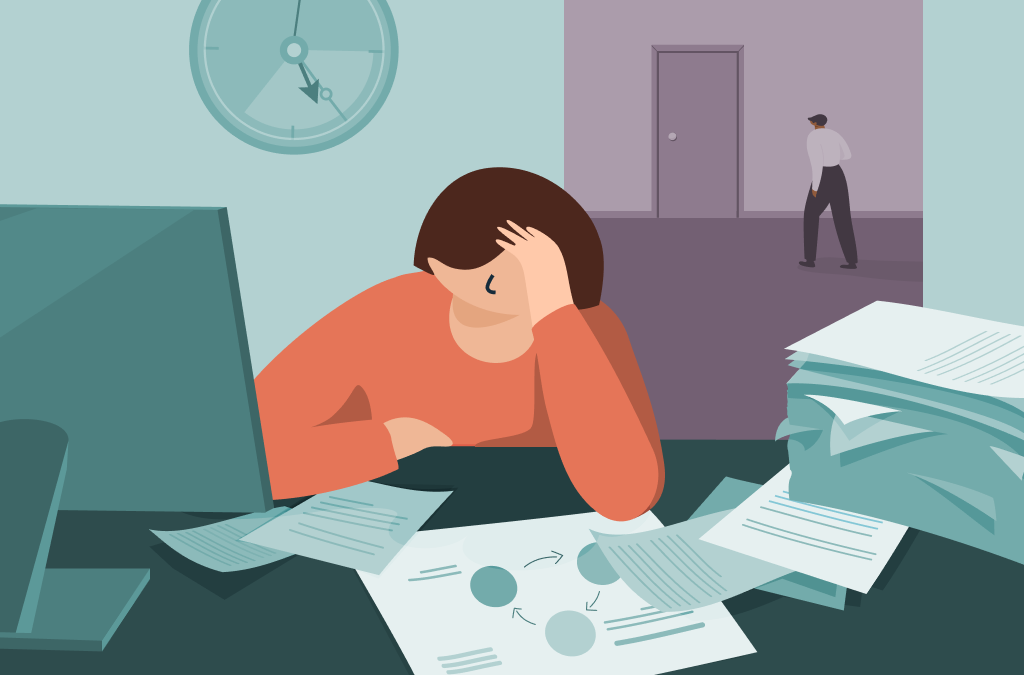
Bullied at Work—Here’s What You Can Do!
In this article, we look at the nature of workplace bullying, its causes and consequences, and what you can do if you are being bullied at work.
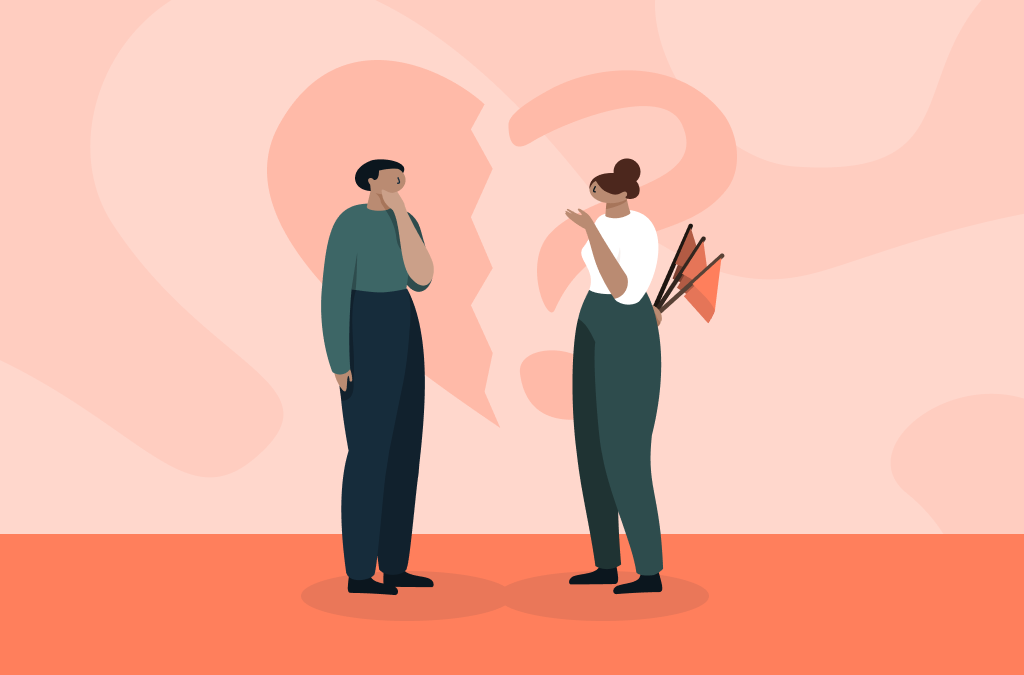
Myths and Facts: What makes a relationship healthy?
This article delves into what a healthy relationship looks like, debunking some common myths along the way.
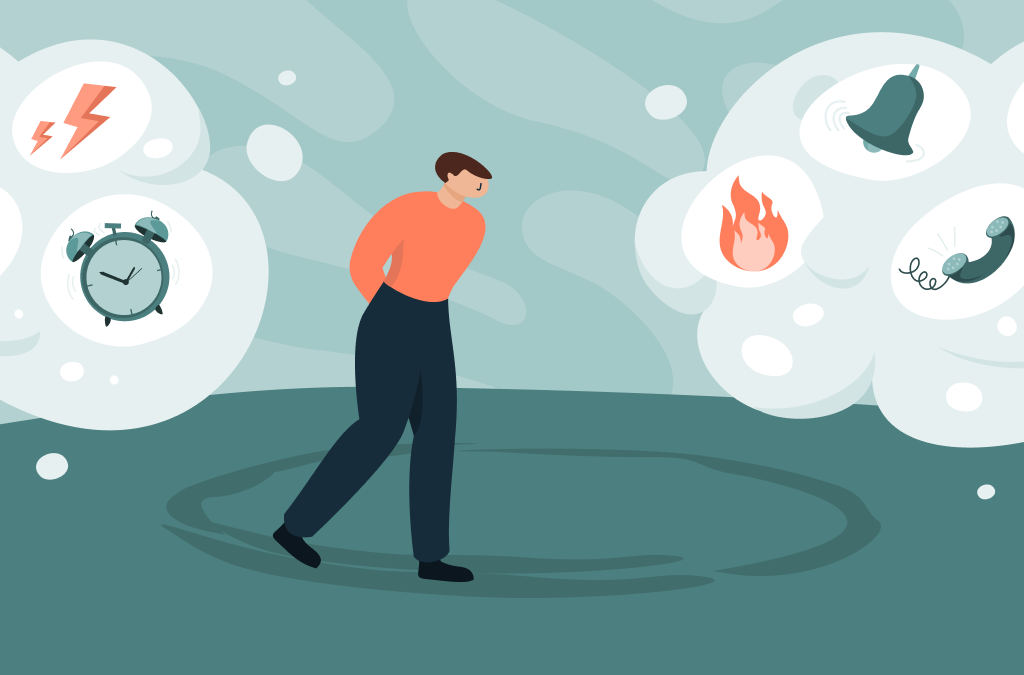
Looping Thoughts: Questions and Answers on the Subject of Rumination
Every person has thousands of thoughts running through their head every day. For some, this means getting tangled up in looping and repeating thoughts. In this article, we answer the most important questions about rumination.
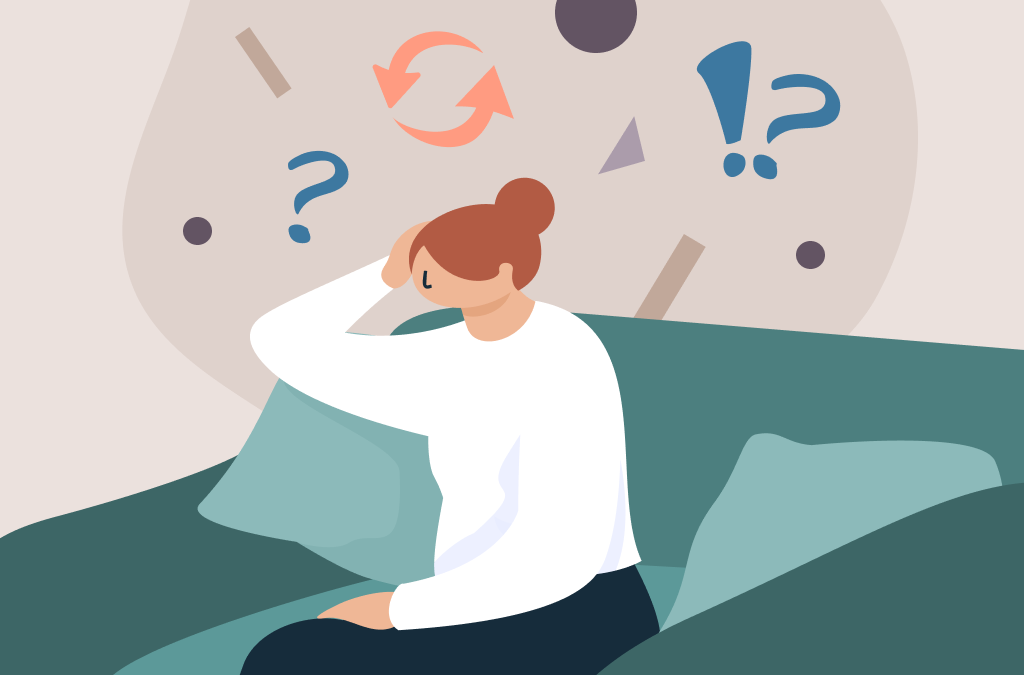
Common Concerns to Starting Therapy, Debunked
Psychotherapy—yes, no, maybe . . .? People hesitate to start therapy for a variety of reasons, not the least of which is insecurity and fear. This article takes a look at some of the common thoughts people have that delay or push off therapy indefinitely.



